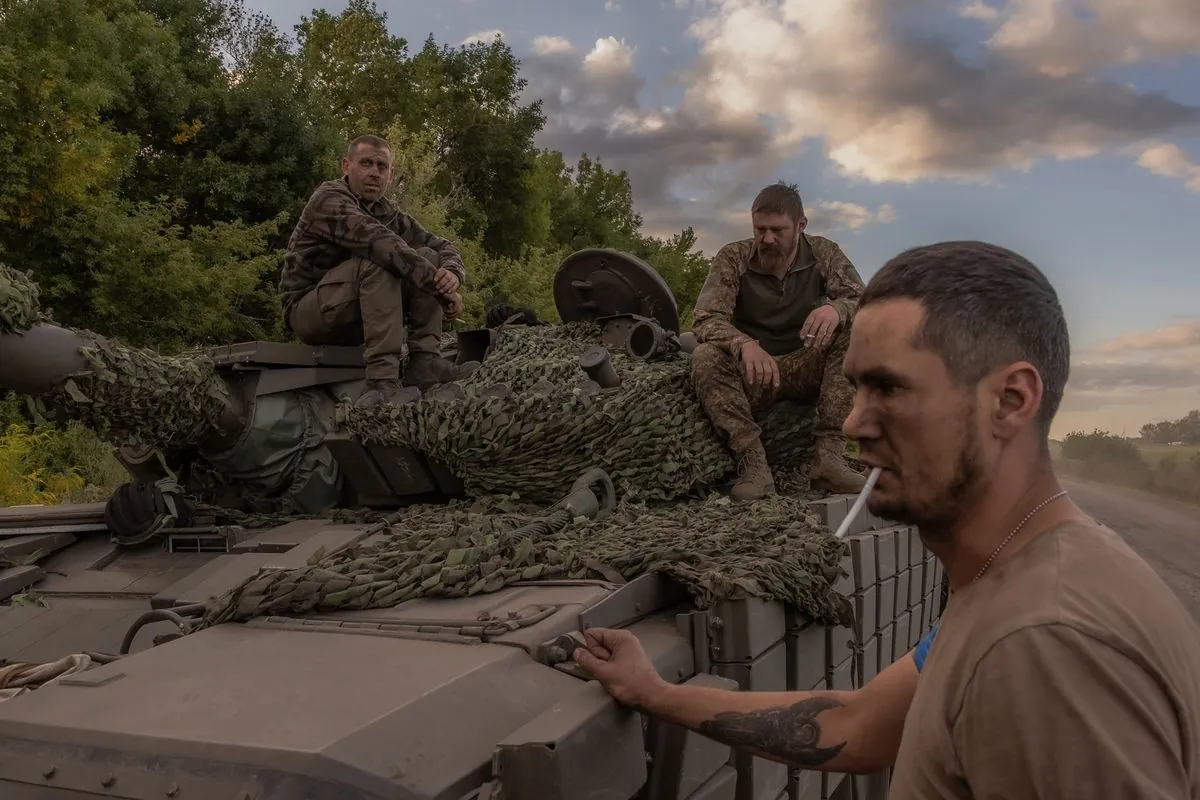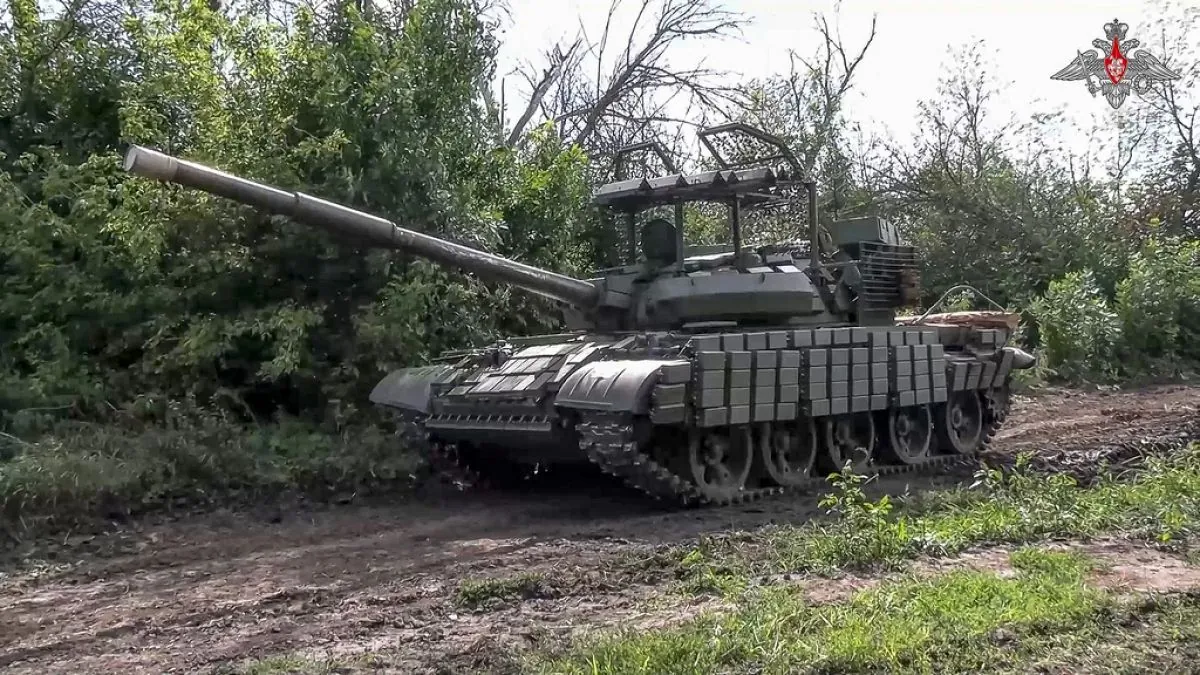Ukraine Advances in Russia, Leadership Changes in Asia, Sudan Peace Talks Begin
Ukraine's offensive into Russia's Kursk region continues, while Japan and Thailand face leadership shake-ups. Peace talks for Sudan's civil war commence in Geneva, with slim hopes for success.

Ukraine has made significant progress in its offensive into Russia's Kursk region, advancing up to 2 kilometers into Russian territory as of August 14, 2024. This operation, which began on August 6, has resulted in the capture of approximately 1,000 square kilometers of land. The Ukrainian military now claims control over 74 settlements in the region.

The Ukrainian Foreign Ministry has stated that Kyiv does not intend to hold this territory permanently. Instead, the objective is to prevent Moscow from using Kursk as a base for missile attacks on Ukraine's Sumy Oblast. This incursion marks the largest foreign military operation on Russian soil since World War II.
In addition to the ground offensive, Ukraine has conducted its most extensive attack on Russian military airfields to date. Drones targeted four Russian airfields overnight, aiming to diminish Moscow's air superiority. The Ukrainian military also reported the destruction of a Russian Su-34 jet bomber used for attacking front-line positions.
Volodymyr Zelensky, the Ukrainian President, has announced plans to exchange captured Russian soldiers for Ukrainian prisoners of war. Ukraine is also establishing a buffer zone near the Ukrainian border in Kursk to enhance its defensive capabilities.
The conflict has led to significant civilian displacement, with over 100,000 people evacuating from Russia's Belgorod region due to heavy Ukrainian shelling. The situation has been described as "extremely difficult and tense" by Belgorod Governor Vyacheslav Gladkov.
In response to the Ukrainian offensive, Vladimir Putin has accused Kyiv of attempting to gain leverage for potential future peace negotiations. However, the Russian Foreign Ministry has stated that such talks will be placed "on a long pause" due to the Kursk offensive.
Meanwhile, leadership changes are occurring in Asia. In Japan, Prime Minister Fumio Kishida has announced he will not seek re-election in the upcoming Liberal Democratic Party leadership contest. This decision comes amid low approval ratings and party scandals. Japan has had six prime ministers in the last decade, reflecting the country's political instability.
In Thailand, Prime Minister Srettha Thavisin has been dismissed from office by the Constitutional Court due to an ethics violation. The ruling Pheu Thai Party has nominated former Justice Minister Chaikasem Nitisiri as its candidate for the upcoming special parliamentary session to choose a new leader. Thailand has had 20 constitutions and charters since 1932, highlighting the country's tumultuous political history.
Efforts to address Sudan's devastating civil war have begun with peace talks in Geneva on August 14, 2024. However, prospects for a swift resolution remain slim, as the Sudanese military has not sent a delegation to meet with the opposing Rapid Support Forces (RSF). The conflict, which has its roots in the Darfur crisis that began in 2003, has resulted in widespread atrocities and a severe humanitarian crisis.
In India, protests have erupted following the rape and murder of a medical professional in Kolkata on August 9, 2024. Thousands of doctors have gone on strike, demanding better security and justice for the victim. The Indian Health Minister has accepted some of the protesters' demands, including strengthening the Central Protection Act. India has the world's largest number of medical colleges, but faces challenges in healthcare provision with a doctor-patient ratio of 1:1456, lower than WHO recommendations.
Lastly, in an unusual incident in New Zealand, local police have been working to recover small blocks of methamphetamine accidentally distributed by an Auckland charity, mistaking them for candy. The drugs were packaged to resemble Malaysian confectionery. New Zealand has one of the highest rates of methamphetamine use globally, and its Misuse of Drugs Act, passed in 1975, continues to be a key tool in combating drug-related issues.


































